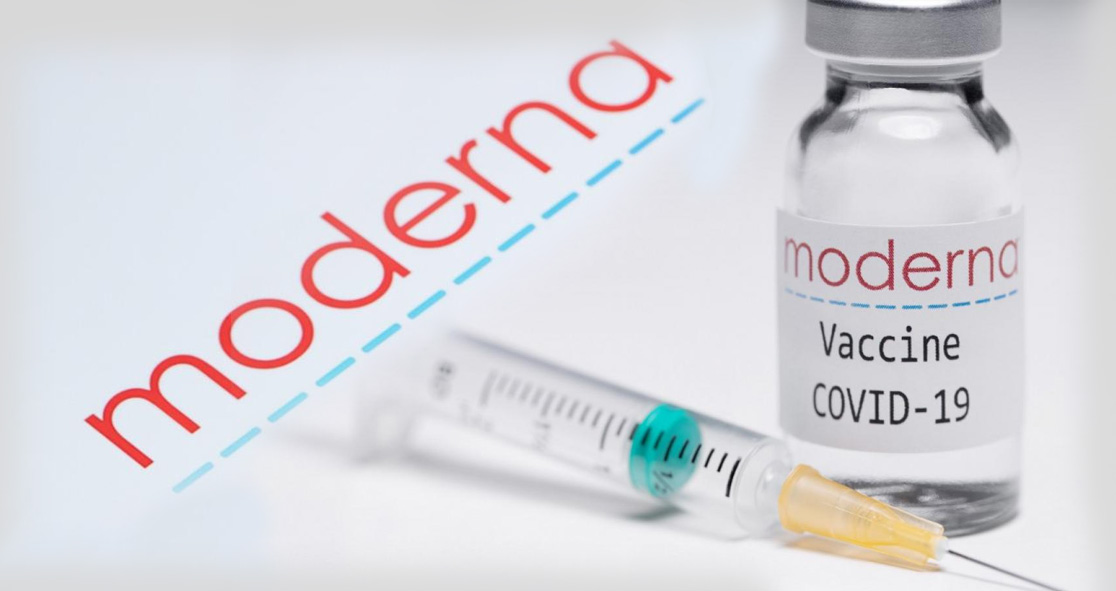On Monday, Massachusetts-based biotechnology company Moderna Therapeutics released new data about the efficacy of its COVID-19 vaccine candidate.
The company has concluded that its experimental coronavirus vaccine is 94% effective and it strongly protects against serious COVID-19 illness.
Based on these findings, Moderna will apply for emergency use authorization (EUA) to the Food and Drug Administration.
Moderna’s findings are quite similar to the results released by Pfizer, which has developed a similar vaccine in association with BioNTech. Like Pfizer’s experimental vaccine, Moderna’s vaccine candidate seems to prevent severe illness.
Dr. Stephen Hoge, President of Moderna, said, “There were 30 cases on placebo and zero cases that were on the vaccine. So, it looks like in the trial we’ve been 100% effective at preventing severe COVID-19, which is really what’s driving the burden of disease in hospitals and ultimately straining our public health systems.”
The company has decided to apply for EUA to the FDA taking these findings into consideration and the vaccine’s safety and side effects.
“They will receive a good stack of paper,” Dr. Hoge explained, “but they’ve been receiving paper almost continuously from when we started.”
Pfizer applied for EUA on November 9 for its COVID-19 vaccine candidate after the Viagra manufacturer said its experimental vaccine has been found 95% effective at preventing COVID-19.
Dr. Hoge said, “They still have an important and solemn responsibility to review that data and develop an independent perspective on it and that’s not an easy thing to do on a short time horizon.”
In the United States, Pfizer and Moderna’s vaccines may start to become available in mid to late December, though the doses will be limited initially.
Although the vaccines have been proven to be effective, the trials have noticed a few side effects ranging from “a sore arm to achiness, or even fever and flu-like symptoms,” according to NPR.
Vaccine researcher Dr. Carlos del Rio of Emory University in Atlanta, who was involved in Moderna’s vaccine testing, saw side effects similar to the side effects of the shingles vaccine, stating, “You feel terrible for a day or two but then you’re fine.”
“We’re going to have to do very good messaging to explain to people this is not COVID, it’s a side effect of the vaccine and it’s OK to have it,” Dr. del Rio said. “It actually means the vaccine is working.”
Dr. Hoge said Moderna has been collecting information on silent infections among participants who received the experimental vaccine, but that data will not be available until early next year. Therefore, there is a possibility that some vaccinated people may still spread the virus.
“A vaccine that prevents people from getting, sick, especially from getting critically ill? It’s a great vaccine right now,” he added. With almost 2,000 deaths a day, he said, “My God, we really need this vaccine.” The article originally appeared on NPR.























